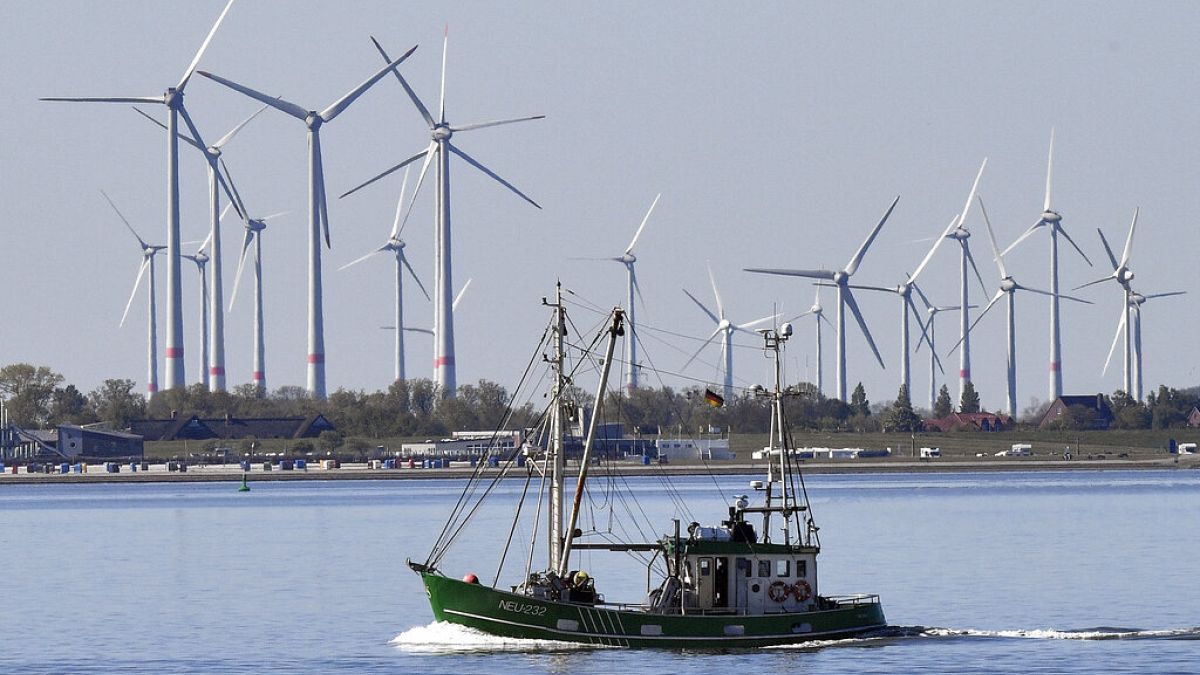In a recent report on EU competitiveness, Mario Draghi proposed an electricity market reform that had previously been avoided during the 2022 energy crisis. This reform would decouple the price of renewable electricity from gas-fired power generation. Draghi emphasized that the current energy market was designed when fossil fuels were predominant, but the landscape has since shifted towards renewables. He criticized the market for being dominated by vested interests and financial rents, preventing the benefits of cheaper renewable energy from reaching consumers.
Electricity producers have raised concerns that separating the prices of renewable and gas-fired electricity could discourage investments in clean technologies like wind and solar power. They rejected accusations of rent-seeking behavior and opposed Draghi’s suggestion of requiring suppliers to offer a portion of their subsidized output to energy-intensive industries at a predefined cost. This proposed intervention in the market was seen as potentially discouraging investment in the sector and impacting investor confidence.
The current market rules dictate that the spot price for wholesale electricity is set by the most expensive source in the mix, often gas-fired power plants, leading to price spikes even when renewable sources are contributing the majority of power. During the energy crisis caused by Russia’s actions in Ukraine, governments mobilized significant public funds to protect consumers from soaring electricity and gas prices. Despite some reforms being agreed upon, the fundamental pricing model remained unchanged, leading to continued issues with price volatility in the market.
One quirk of the wholesale market system is that prices can sometimes drop below zero, especially on days with high renewable energy output. This means that generators may pay consumers to use excess electricity rather than shutting down their plants. While Draghi’s proposal aimed to address these anomalies and improve market efficiency, industry associations like Eurelectric have expressed concerns about the potential negative impacts of such interventions. Maintaining the attractiveness of the electricity sector for investors is crucial in the transition away from fossil fuels, and any drastic changes could disrupt market stability.
In response to Draghi’s report, Eurelectric emphasized the need to approach any changes to the electricity market with caution to avoid unsettling investors. The recommendation to cover all renewables and nuclear energy with power purchase agreements or state-backed contracts could have significant implications on the market. The energy sector plays a vital role in the shift towards cleaner sources of power, and any disruptions or uncertainties could hinder progress towards sustainability goals. It remains to be seen how policymakers will address the challenges highlighted by Draghi’s report and ensure a smooth transition to a more sustainable and competitive energy market in the EU.











